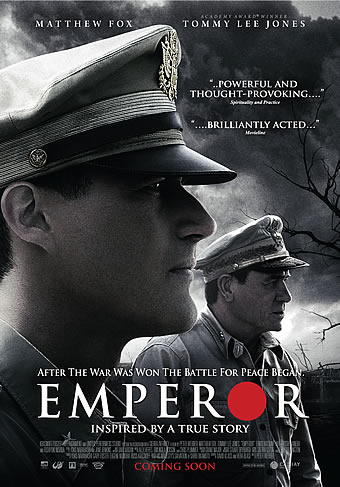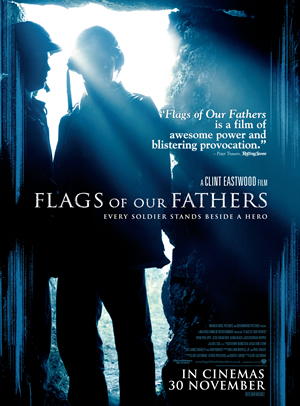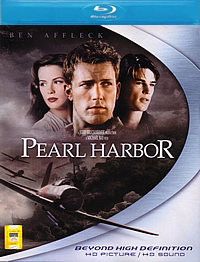UNBROKEN (2014)
Genre: Drama
Director: Angelina Jolie
Cast: Jack O’Connell, Domhnall Gleeson, Garrett Hedlund, Finn Wittrock, John Magaro, Alex Russell, Takamasa Ishihara, Jai Courtney, Luke Treadaway
RunTime: 2 hrs 18 mins
Rating: PG (Some Violence)
Released By: UIP
Official Website: http://www.unbrokenfilmintl.com/index.php
Opening Day: 5 February 2015
Synopsis: Academy Award® winner Angelina Jolie directs and produces Unbroken, an epic drama that follows the incredible life of Olympian and war hero Louis “Louie” Zamperini (Jack O’Connell) who, along with two other crewmen, survived in a raft for 47 days after a near-fatal plane crash in WWII—only to be caught by the Japanese Navy and sent to a prisoner-of-war camp. Adapted from Laura Hillenbrand’s (“Seabiscuit: An American Legend”) enormously popular book, Unbroken brings to the big screen Zamperini’s unbelievable and inspiring true story about the resilient power of the human spirit.
Movie Review:
Angelina Jolie’s first movie was the Bosnian war romance ‘In the Land of Milk and Honey’, a surprisingly competent little movie that packed a poignant moral message – and if anything, it certainly made her detractors sit up and take note of her as a serious-minded filmmaker. It seems entirely befitting then that Jolie has chosen to make her sophomore feature around the life story of World War II hero and Olympic runner Louis Zamperini, based upon Laura Hillenbrand’s 2010 non-fiction bestseller of the same name.
An Italian-American whose teenage years seemed headed towards juvenile delinquency, Louis found his calling in competitive track racing thanks to his older brother and soon became “the fastest high school runner in U.S. history”. That led to him competing in the 5000-meter race at the 1936 Berlin Olympics. Then in World War II, Louis became an Army Air Corps bombardier flying missions over the South Pacific; on one ‘search and rescue mission’, the rickety B-24 aircraft dubbed the “Green Hornet” that Louis was on crashed in the water, leaving him and some of his crew stranded at sea for 47 days before being captured by the Japanese. Taken to a Tokyo prisoner of war camp, Louis was tortured by his captors, in particular a sadistic prison commander known as “The Bird”.
It is no doubt a remarkable story of extraordinary courage in the face of staggering adversity, and no wonder that such marquee screenwriters as Joel and Ethan Coen (yes, we’re talking about the Coen brothers), Richard LaGravanese and William Nicholson were attracted to the project in the first place. Yet in condensing Hillenbrand’s many pages into a biopic on its subject, these writers have left out perhaps the one most interesting theme of the book – redemption.
Opening with a thrilling sequence that sees Louis within the claustrophobic confines of a B-24 bomber about to drop its payload on a Japanese target, it sweeps through in flashback his early years as a peewee gangster and his transformation into a world-class athlete within the first half hour, quickly setting up his month-and-a-half ordeal out at sea. From here on end, the pace slows considerably, emphasising the minutiae of his time in a 6-foot-by-2-foot raft, sunburnt and dehydrated, fighting off sharks, feeding on the occasional seagull that lands on his raft or sharks that swim close, before finally being picked up by a Japanese vessel. The next hour is literally pure agony, as Jolie forces us to sit through an entire hour of Louis’ torture at the hands of his psychotic captor – in addition to striking him repeatedly for no reason with his wooden stick, Mutsuhiro “The Bird” Watanabe forces each and every one of his 220 fellow prisoners to hit him in the face one after another.
Thanks to Roger Deakins’ ruggedly elegant cinematography as well as Alexandre Desplat’s orchestral flourishes, the film is glossy, well-made and comfortably old-fashioned. Yes, there is no doubt Jolie had taken care to make a prestige picture that would be poised to attract awards attention come Oscar season; and yet for all its ambition to be admired, it lacks both emotional intimacy and impact, two qualities of which are essential to make Louis’ tale resonant with its audience. What is critically missing here is the human element to the story, which in its absence makes the overall experience disappointingly alienating.
The fault lies not only with Jolie but also her screenwriters, who focus only on two of the three subtitles of Hillenbrand’s novel. Indeed, there is no doubt at any point that Louis embodies survival and resilience, but what their film fails to show is his redemption, which is over and dealt with in a few seconds of text right at the end. So what we do not see is the man’s post-war trauma, including a five-year battle with alcoholism and a murderous post-traumatic stress disorder obsession with revenge before a religious awakening enabled him to forgive and even reach out to his captor (who never responded in kind) and bookend his Olympic dream by carrying the torch at the start of the Winter Olympics in 1988. Yes, it isn’t a good sign when we are more interested to find out what the movie hasn’t said than what it has about its subject.
That we manage to remain engaged throughout is testament to the strength of its lead performer Jack O’Connell, who makes every part of his character’s struggles real and relatable. You can see the awareness of danger in his eyes, or his hunger for escape, or his grit as he lifts a heavy timbre plank above his shoulder in the film’s signature shot. Every emotion is expressed keenly, and O’Connell’s alert and intensely focused performance is one of the film’s unequivocal strengths amidst its flaws. Though in a much smaller part, Japanese pop star Miyavi shines as his adversary, exuding malevolence in his menacing psycho-sadist turn; the fact that we hate his character so much is Miyavi’s achievement, and it is no wonder that some Japanese nationalists have called the film “racist” and for its boycott in the country.
If only then that Jolie had not simply turned a reverent gaze upon her subject; yes, her respect for Louis Zamperini is undeniable, but by simply worshipping him, this biopic fails to illuminate his human weaknesses upon whose conquering would truly make him extraordinary. Well-intentioned as it may be, Jolie’s sophomore feature misses out on the parts of its subject’s life that would make him a dimensional character, so much so that Louis is defined only in the movie by his unflagging heroism. Because of its omission, ‘Unbroken’ is in fact broken, a fractured movie that is stately and sombre when it should be gripping and inspirational. There is survival and resilience all right, but no rcemption to be found here.
Movie Rating:



(Stately to a fault, Angelina Jolie’s biography of the World War II hero Louis Zamperini turns its subject into a superhero and ends up being too reverent for its own good)
Review by Gabriel Chong
You might also like:
FEB 5.jpg)
Movie Stills
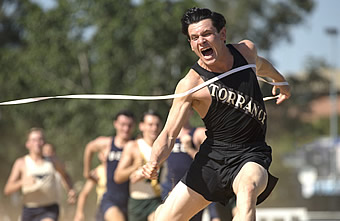
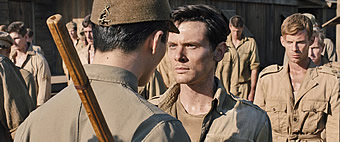
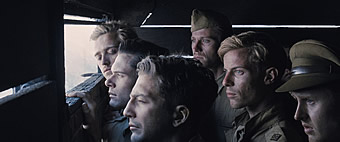
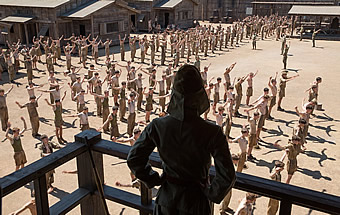

-A4 Poster.jpg)
